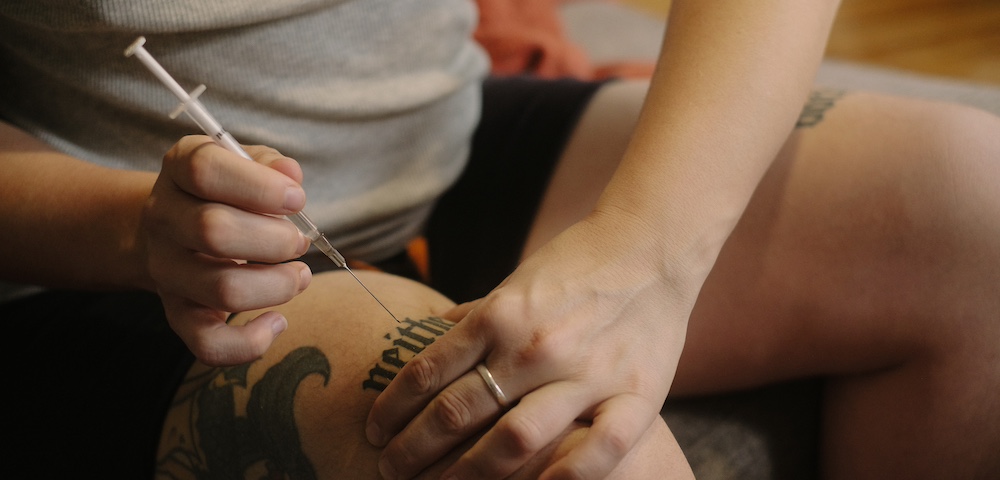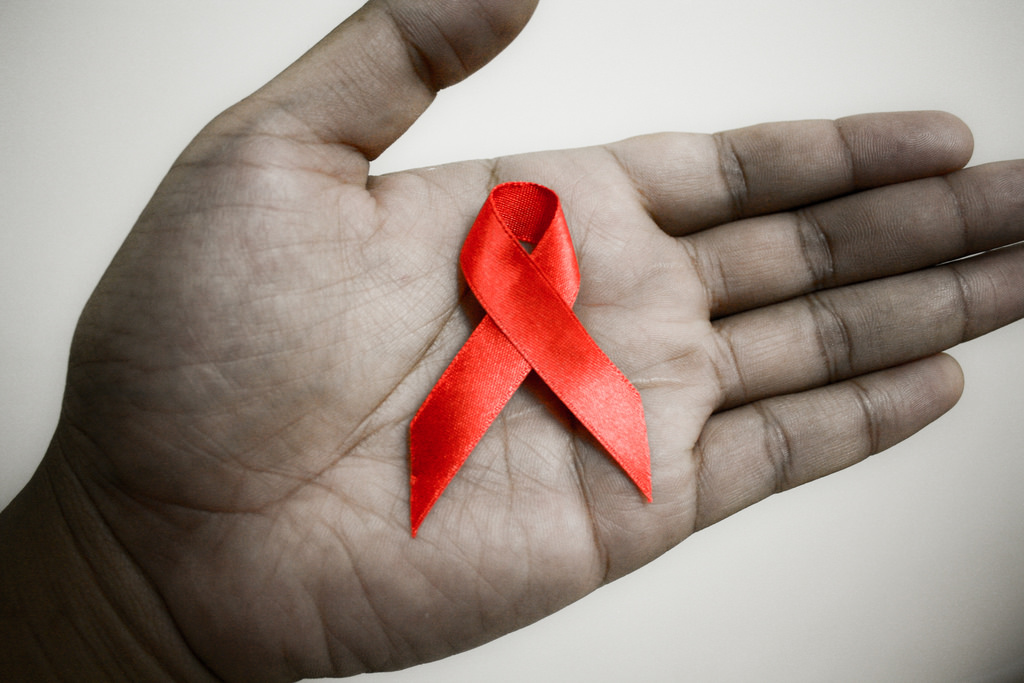
Alarm Bells From Leading HIV & LGBTQ+ Orgs after Drastic Drop in HIV Funding

The National Federation for Australia’s leading HIV and LGBTQIA+ organisations have warned that global progress towards ending HIV transmission is at serious risk of being undone, after major funding has been withdrawn across the globe.
UNAIDS Global Aids Update 2025 has spotlighted that millions of deaths and new infections could occur in just four years, if critical funding is not restored.
The UNAIDS report highlights that due to major funding withdrawals from key international donors, more than four million AIDS-related deaths and over six million additional HIV infections could occur globally by 2029, with the hardest-hit regions being those already grappling with high prevalence and limited resources.
The report highlights that President Donald Trump’s permanent discontinuation of the President’s Emergency Plan for AIDS Relief (PEPFAR) has caused this significant damage.
Leading HIV organisation rings alarm bells over funding loss
The UNAIDS report has called attention to how fragile decades of progress can be when funding is disrupted, says leading HIV organisation Health Equity Matters.
Health Equity Matters has implemented community-led HIV programming in 22 countries in the Indo-Pacific region over the past 25 years.
“Any threat to HIV funding undermines the significant gains we’ve made over two and a half decades,” said Dash Heath-Paynter, CEO of Health Equity Matters.
Earlier this year, the US Government announced harsh reductions in funding for the global HIV response — and HIV programs across the world are now experiencing the violent aftermath of this decision.
Since its establishment, Health Equity Matters has supported close to $60 million worth of HIV programming across the Indo-Pacific, operating closely with key population-led and community-led organizations to create long-lasting and locally owned responses to HIV.
“The Indo-Pacific has made real progress through sustained, community-led programs targeting key populations. That momentum is now at risk,” said Heath-Paynter.
“In our region, HIV epidemics are overwhelmingly concentrated among key populations, and they’ve been tackled effectively because programs have been led by those communities.”
The closure of clinics, reduced access to life-saving treatments, and highly effective prevention strategies such as PrEP, disrupted testing, and destabilised supply chains are just some of the immediate impacts already occurring, the UN report highlights.
Ending HIV was and can still be possible
Health Equity Matters is urging the global community to restore its commitment to HIV funding and prioritise community-led, rights-based responses, especially in regions like the Indo-Pacific, where epidemics remain active.
“Ending HIV is within reach. But walking away now would reverse hard-won gains, cost lives, and raise long-term health system costs,” said Heath-Paynter.
“Communities have done the work. They have the infrastructure, the knowledge, and the trust. What they need is sustained, predictable investment to keep going.”
In 2024, the global HIV response was closer than ever in achieving the testing and treatment targets of ending AIDS as a public health threat by 2030, which is defined as achieving a 90% reduction in the number of new HIV infections and AIDS-related deaths from a 2010 baseline.
Australia’s targets for eradicating HIV/AIDS
Australia’s target for the eradication of AIDS is reflected in the 9th National HIV Strategy, which sets the goal of virtual elimination of HIV transmission by 2030, as stated within the report by the Australian Government as “ambitious but achievable”.
Virtual elimination will mean HIV is no longer a challenge to public health, equivalent to a 90% reduction in new diagnoses since 2010. The Strategy highlights the importance of community-led and peer-based organisations in delivering education and interventions.










